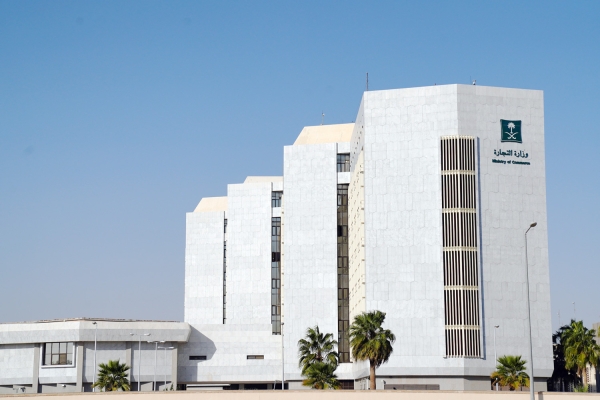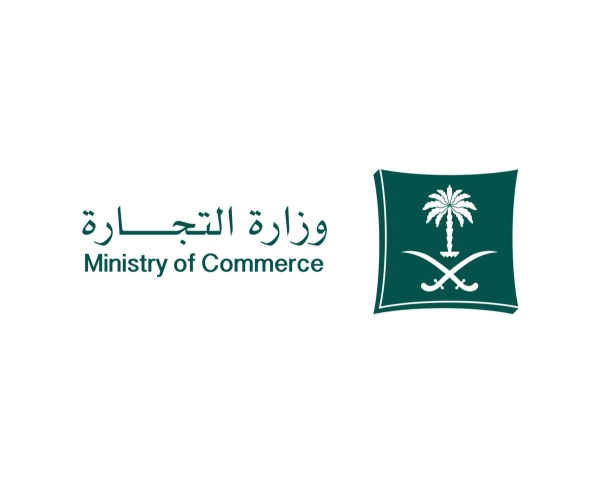

The Law of Trademarks is a set of legal rules governing trademarks and their registration in the Kingdom of Saudi Arabia. It encompasses provisions for renewal, cancellation of registration, transfer of ownership, mortgage, and seizure of trademarks, as well as licensing agreements, collective marks, offenses, penalties, and the entity responsible for controlling and enforcing them. It was issued on March 15, 2002.
Characteristics of the Law of Trademarks
The law defined trademarks as names that have distinctive forms, signatures, words, letters, numbers, drawings, symbols, seals, prominent inscriptions, or any other sign or combinations thereof that is visually recognizable and distinctive for industrial, commercial, artisanal, and agricultural products, in addition to projects involving the exploitation of forests or natural resources. It can also represent that the object had been labeled by its owner on the grounds of manufacture, selection, invention, trade, or providing a type of service.
Signs and logos that are prohibited from registration in the Law of Trademarks
The Law of Trademarks prohibited the registration of several signs, logos, and flags, namely signs that are devoid of any distinctive characteristics that merely describes the characteristics of products or services, or are simply common names given to products or services by convention; any expression, sign, or drawing that detrimental to religion or that is identical or similar to any religious symbol, and any expression, sign, or drawing that is contrary to public order or morals; public slogans, flags, symbols, names, or designations specific to the Kingdom or other countries that treat it similarly; official Saudi marks and stamps, if they are specific to its oversight of products or services or its guarantee, unless authorized by the entity that owns them; geographical names, if their use could cause confusion as to the source, origin, or provenance of products or services, or that could be used to unfairly monopolize an indication of source or origin; pictures of other people or their personal or commercial names, unless they or their heirs grant permission; data pertaining to honors, or that mislead the public, or include false information about the origin or other characteristics of the products or services; marks containing imitated, or counterfeit trade names; marks that are identical or similar to well-known trademarks in the Kingdom; marks or symbols own by natural or legal persons with whom dealing is prohibited; and signs identical to trademarks previously filed or registered by others for identical or similar goods or services.
Categories eligible for trademark registration
The Law of Trademarks specifies a number of categories eligible for trademark registration, namely natural or legal persons holding Saudi citizenship, individuals usually residing in the Kingdom and authorized to conduct commercial or craft work, individuals from countries that accord reciprocal treatment to the Kingdom, individuals from a country that is a party to a multilateral international agreement to which the Kingdom is also a party or who reside in such a country, and public interests.
Additionally, the law mandates the establishment of a specialized department within the Ministry of Commerce to maintain a register known as the 'Trademark Register'. This register records trademarks, notifications of assignments, transfers, mortgages, seizures, licensing, renewals, or cancellations of trademarks, as well as the data stipulated by the executive regulation.
Trademark ownership and utilization
The Law of Trademarks grants exclusive ownership of a trademark to the person who registers it, and any use of a registered trademark by another person is conditional upon the consent of the owner. The owner of a registered trademark has the right to file a lawsuit to prevent others from using it or using any other similar signs that could mislead the public regarding the products or services for which the trademark is registered. These rights arising from registering a trademark do not extend to the fair use of signs, slogans, and drawings devoid of the distinctive features that characterize the registered trademark.
The rights of the concerned party arising from registering a trademark extend for ten years unless renewed, and they may apply for renewal within the last year of the protection period and for six months thereafter.
Cancelation of trademark registration
The competent entity may request the cancellation of a trademark if it has not been used by its owner for five consecutive years without a legitimate excuse, if it was registered in violation of public order or morality, or if it was registered based on fraud or false statements.
Furthermore, a trademark is canceled by the force of law if it is not renewed, and if it is owned by natural or legal persons banned from transaction. A trademark that has been canceled in favor of another party for identical or similar goods or services cannot be re-registered until at least three years have passed since the cancellation date unless the cancellation decision specifies a shorter period.
Trademarks ownership transfer, mortgage, and seizure
The Law of Trademarks permits the transfer of ownership of a trademark to others by any act or event that conveys ownership. Such a transfer must be in writing and must not be intended to mislead the public. Additionally, the law allows the mortgage or seizure of a trademark, with or without the commercial establishment or enterprise for which the mark is used to distinguish its products or services. Transferring ownership of a trademark, mortgaging it, or seizing it will not have any effect on others except after it has been registered and referenced in the Trademark Registry at the Ministry of Commerce.
Trademark use licenses
The Law of Trademarks permits the trademark owner to license any natural or legal person to use the trademark for all or part of the products or services for which it is registered. The trademark owner may license others to use the trademark and may also use it personally unless otherwise agreed. The license term may not exceed the term of trademark protection. The license agreement must be in writing and authenticated by the signatures, fingerprints, or official seals of the contracting parties.
Collective trademarks
The Law of Trademarks grants the Minister of Commerce the right to license the registration of a collective trademark for natural or legal persons who monitor or examine specific products or services concerning their source, components of their composition, method of manufacture, performance, features, or any other characteristic. Additionally, unrenewed collective trademarks may not be registered in favor of others for identical or similar products or services.
Penalties stipulated by the Law of Trademarks
The law has prescribed several penalties for violations of its provisions, including imprisonment for a term not exceeding one year, a fine of not less than SAR50,000 and not exceeding SAR1 million, or either of these penalties, for anyone who counterfeits or imitates a registered trademark in a manner that is likely to mislead the public, or who knowingly uses a counterfeit or imitated trademark, or who knowingly affixes to his products or uses in connection with his services a trademark belonging to third parties, and for anyone who offers for sale, sells, or possesses intending to sell any product bearing a counterfeit, imitated, affixed, or illegally used trademark, and for anyone who offers services under such a trademark while he knows the foregoing.
Adjudication of disputes related to the Law of Trademarks
The law stipulates that the Board of Grievances has the jurisdiction to adjudicate all civil and criminal lawsuits and disputes arising from the application of the law, and to impose the prescribed penalties for violating its provisions. It also stipulated that the Bureau of Investigation and Public Prosecution (currently Public Prosecution) is responsible for representing the public in criminal proceedings for violations of the provisions of this law.
Related quizzes
Related articles


